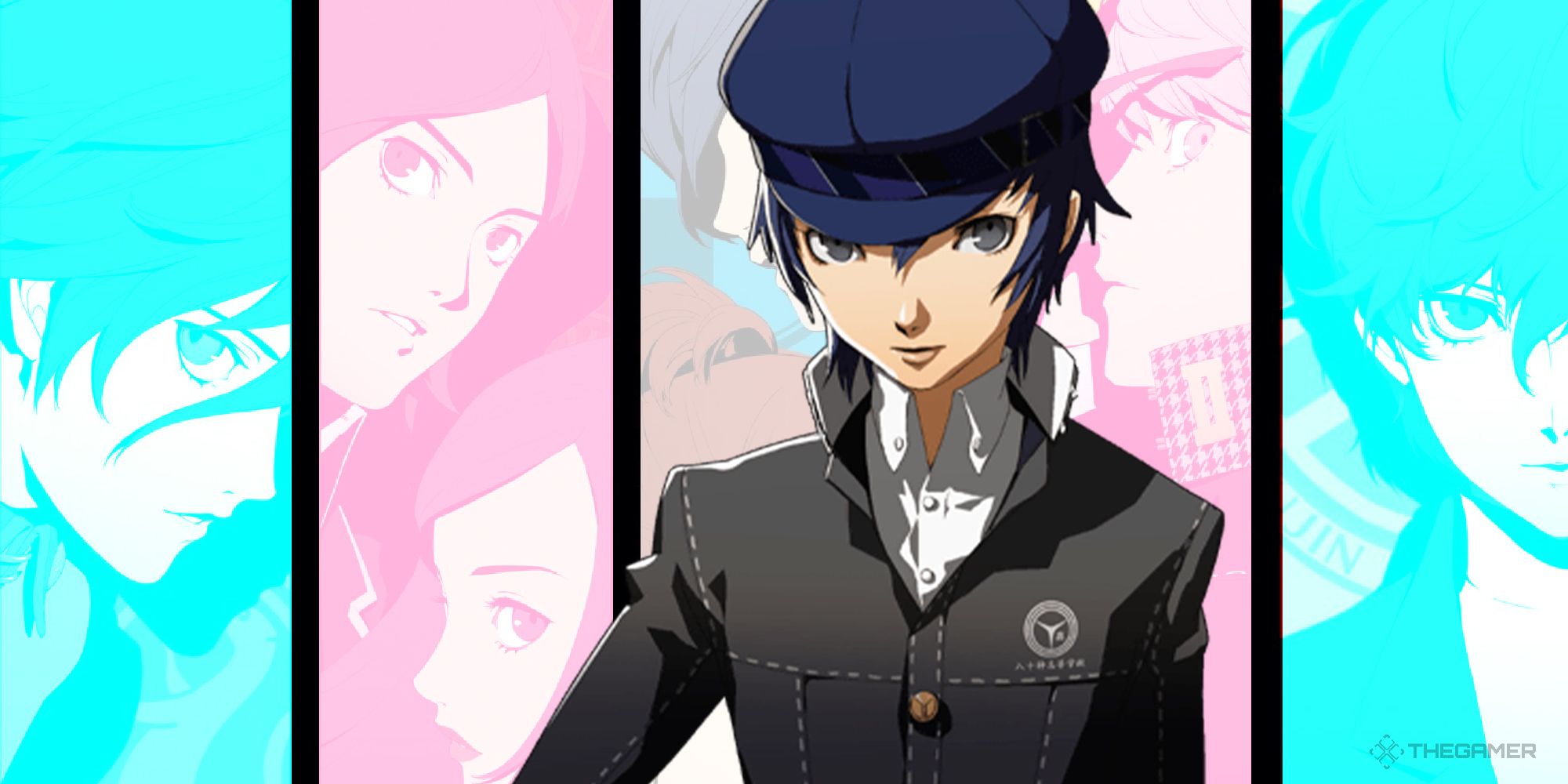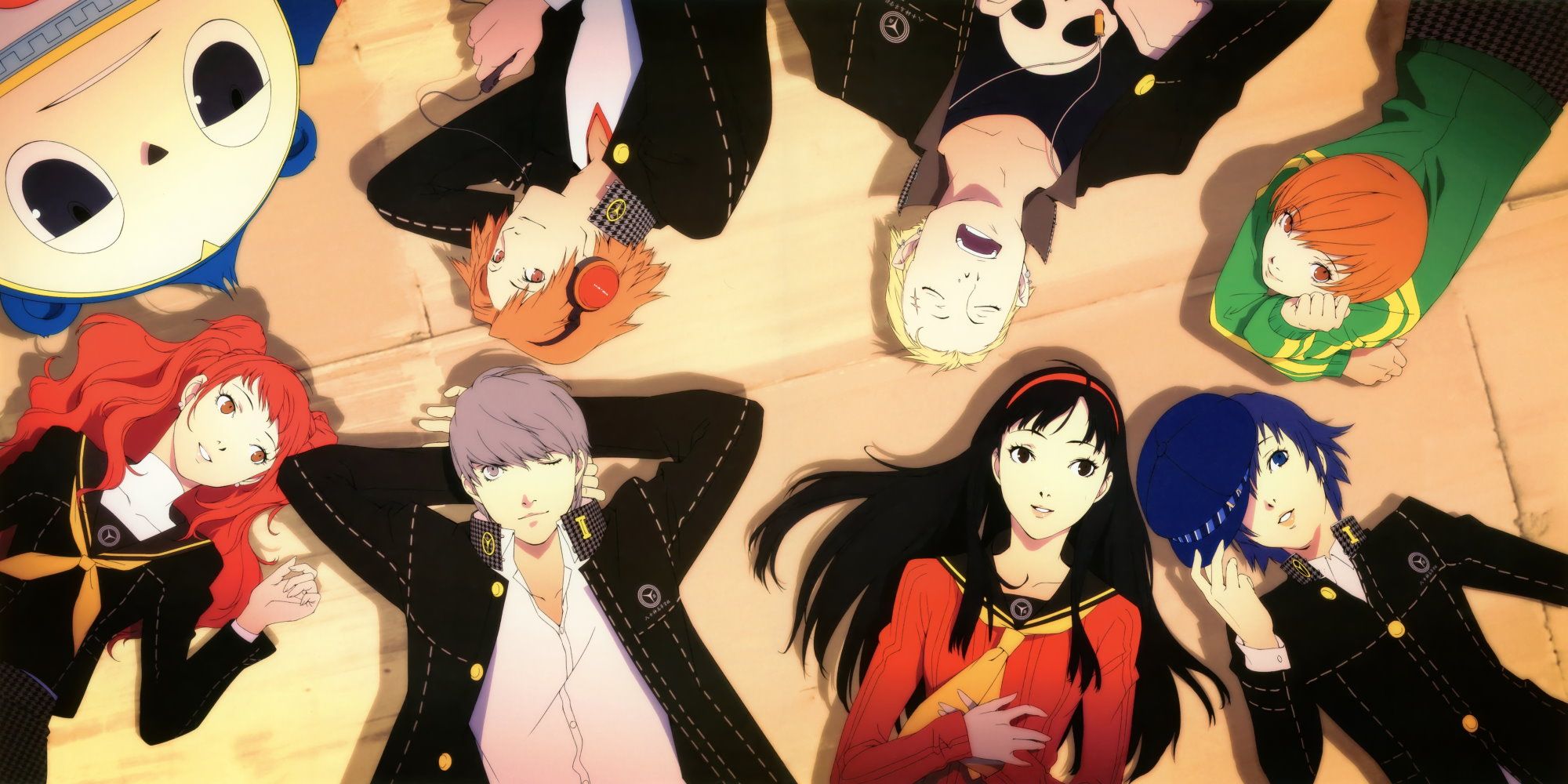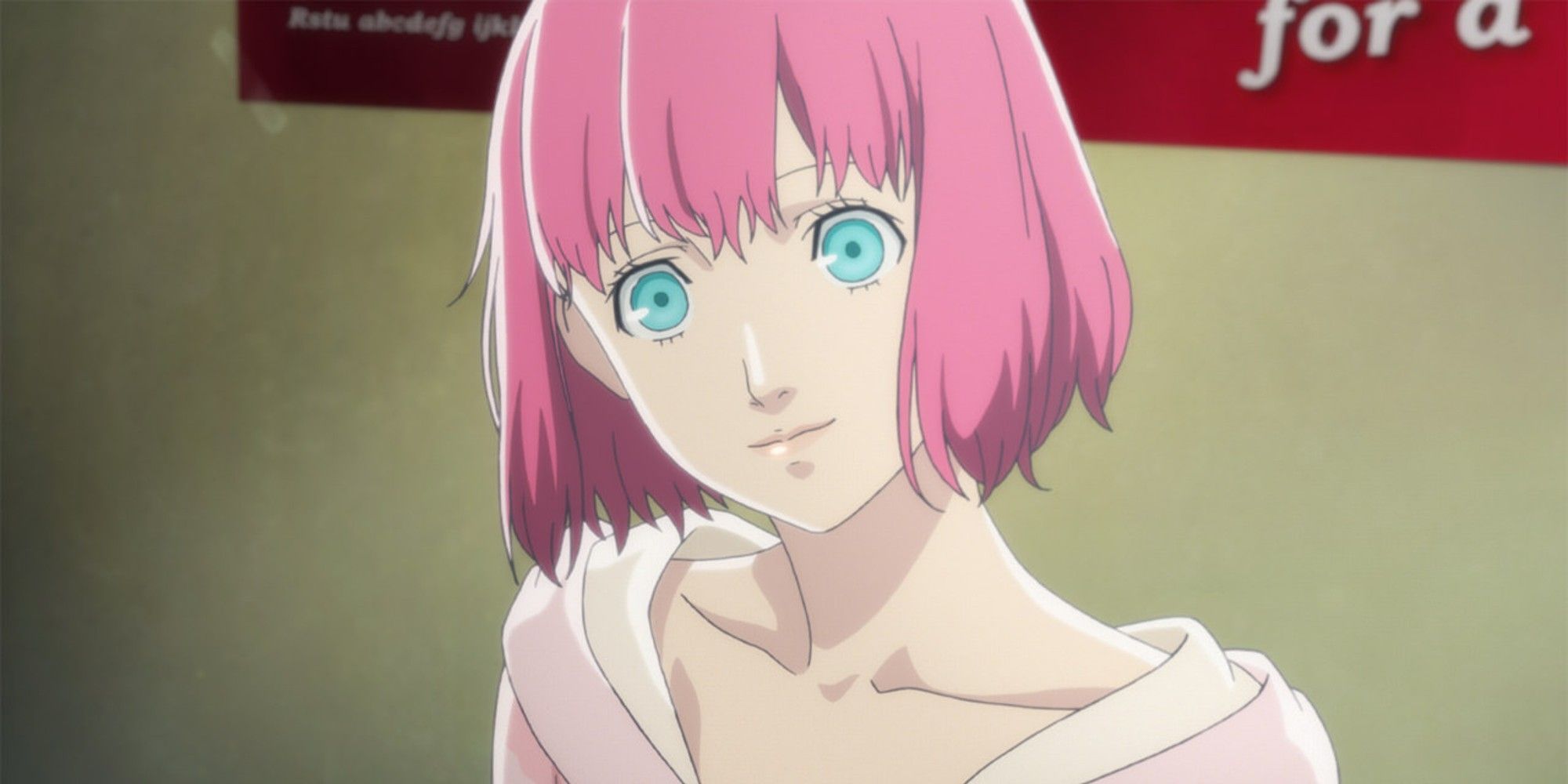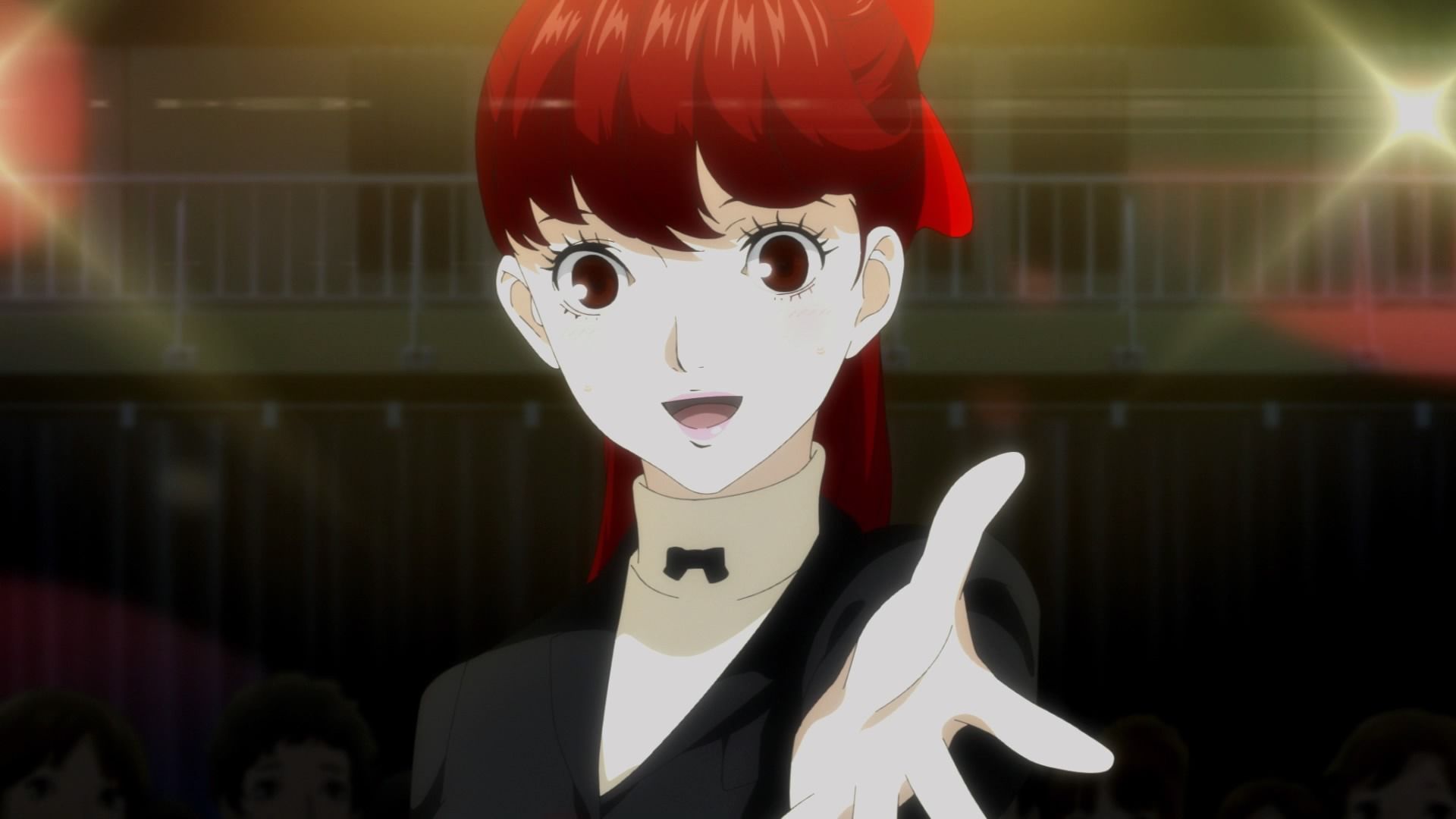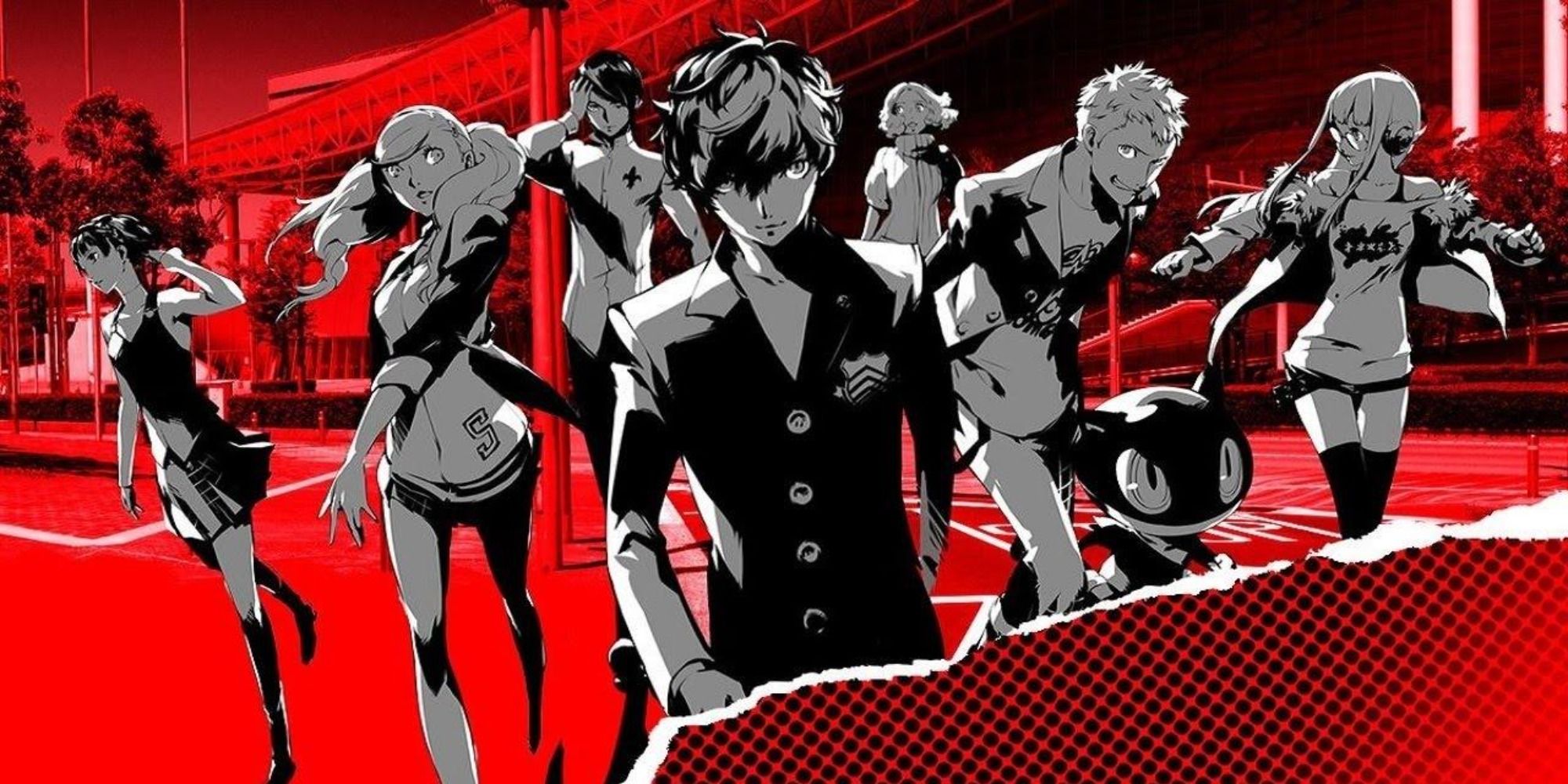Persona feels like the perfect series to embody LGBTQ+ themes and characters. For years, it has featured a cast of young outcasts fighting for a better world. Parts of their lives, appearance, or upbringing always paints them as someone who doesn’t fit in with the status quo. Unfortunately, being queer also means you often fall into such a camp.
Yet for years, Atlus has either failed to capitalise upon this obvious thematic link or seeks to throw people like me under the bus with needless jokes or haphazard storytelling that only leaves us feeling hurt. Persona 4 got awfully close with Naoto Shirogane and Kanji Tatsumi, while you can also read between the lines in other games to craft your own pairings. But much of that is subtext, which isn’t enough in the modern era.
We no longer live in a society where young people are raised to view queer people as an oddity. The world has moved on so much that gender fluidity and sexual expression have become increasingly common. You only need to scroll through TikTok for a handful of minutes before coming across gay, lesbian, bisexual, transgender, and non-binary people expressing themselves without fear of judgment and it’s so wonderful to see. Bigotry remains, but we’re braver and more ambitious than ever before, and we’re capable of fighting back against such things and striving for a better existence.
The worst kind of gamers would love to label Japan as an untouchable haven of games and anime where politics and queer people don’t exist, but that isn’t the reality no matter how much they and their body pillows like to think so. Japanese people can be and very much are queer like the rest of the world, and denying that fact is nothing more than a statement of ignorance. We’re here, we’re queer, and we’re coming to Persona 6.
Well - we should be. Persona has always been a series fascinated with the idea of counterculture. Regardless of the generation they stem from, young people are always viewed as being unreasonable in the eyes of adults, having to rebel or take matters into their own hands in order to enact change that their elders would never think to entertain. Whether you’ve been wrongly accused of a crime or an injury has forced you to give up dreams of being a sporting legend, Persona 5 alone is awash with teenagers dealing with trials and tribulations that should doom them to ruin, but by working together with fellow outcasts they are able to build a better life and take those who’ve wronged them to task.
At the moment we have no idea what form Persona 6 will take, but history suggests we will once again step into the shoes of a semi-silent protagonist (a girl, if we’re lucky) who must attend high school, make friends, and inevitably gain magical powers before delving into a metaphysical world. Each game has followed a similar formula while expanding upon it, improving on the battle system, social links, open world exploration, and just making it all feel more alive. Persona 5 felt like the culmination of this ambition, yet it can still go further.
In terms of gameplay, I wouldn’t care if Persona stayed the same forever - after all I come to it for characters and story first and foremost. So keep building upon those, seeking to make the plight of its young ensemble more relatable to a modern audience without falling victim to tired anime archetypes and storytelling that beats down on the little guy while simultaneously trying to fight for them. You can’t have it both ways regardless of how much you want to, and Persona has proven that eventuality time and time again. So make it gay, make a stand with a cast of young characters covering an entire spectrum of identities while exploring the cultural significance of being queer and growing up to face the uniqueness of that.
Atlus is Atlus, so we likely won’t see anything significant, and if we do, it will step on a handful of rakes before reaching its conclusion. But can you imagine a transgender member of the Phantom Thieves or a future troupe who becomes his or her true self in the midst of a dungeon, finally overcoming insecurities surrounding their identity and throwing aside societal prejudices to shine like nobody else has before. All of their friends would support them, cheering them on from the sidelines while learning more about the trans experience themselves and what it means to embrace who you truly are without compromise. It’s a sign of rebellion that is vintage Persona, encompassing what it means to fight the good fight and represent a future that really means something. You can cancel noncey teachers and dirty capitalists all you like, but there’s something special about seeing someone love who they are for the first time.
Persona 5 did this, but it would just as frequently subject its strong female characters to sexualisation or shame others through dialogue or clumsy storytelling that felt outdated and crass. It’s so weirdly executed and could have been so much more, and now Persona 6 is in a position to address these inconsistencies and create something greater. Part of me fears the possibility of Atlus taking a serious stab at queer representation since it has gone so wrong in the past with games like Catherine Full Body, coming so close to meaningful progress before shooting itself in the foot. Persona 6 could make the same mistakes, but I think such foibles are worth it if the sentiment is well-meaning. Representation is not and never will be a linear path. We go forward, backward, and often remain in a state of nothingness as we seek to enact change and stand up for ourselves. Games and the art we enjoy are now a part of that conversation, and it’s only natural that they begin to reflect the world we live in.
I was raised on JRPGs and Persona remains a formative series for me, so seeing a trans character in this universe be treated with agency and respect would mean so much, even more so if it showcased Atlus’ willingness to change and adopt a more welcoming approach to LGBTQ+ in its games instead of throwing them under the bus time and time again. We deserve better, and so does Persona, so it’s about time it caught up.

